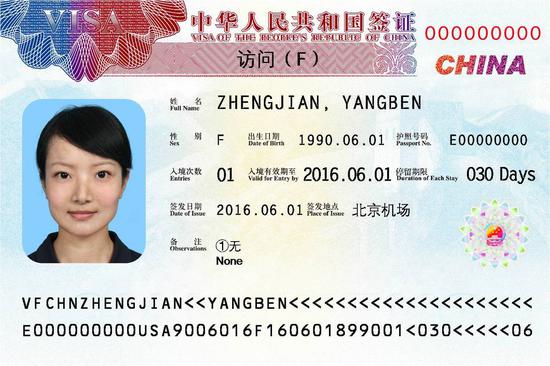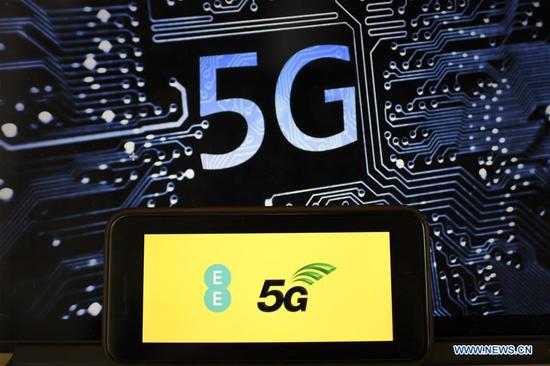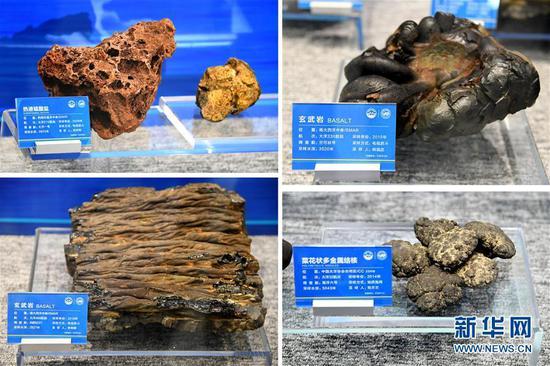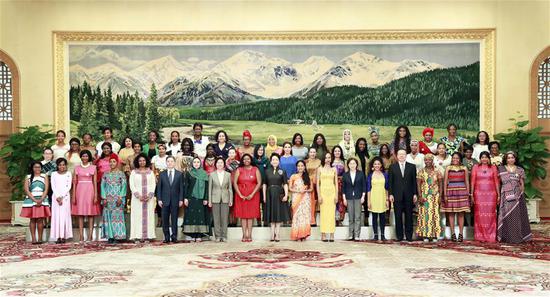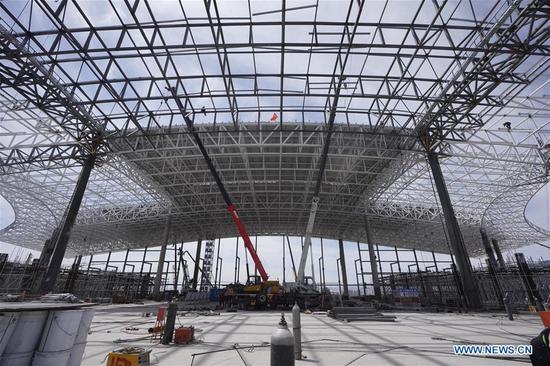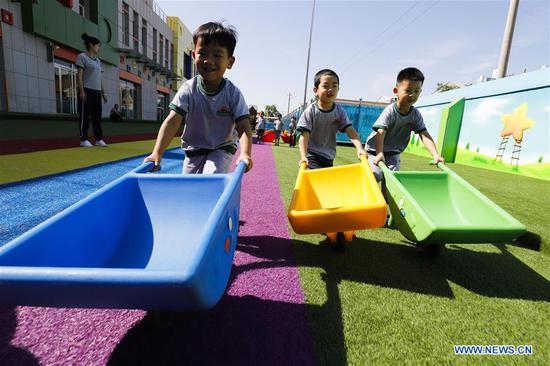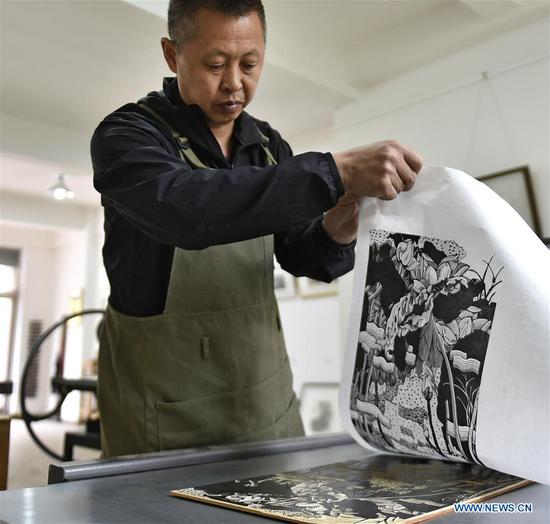'Unreliable entities' will face sanctions for damaging domestic companies
China will establish a list of "unreliable entities" - a blacklist of foreign parties that harm the interests of Chinese companies, the Ministry of Commerce said on Friday.
Foreign companies, organizations and individuals that fail to comply with market rules, violate the spirit of contracts, block or cut supplies to Chinese firms for noncommercial reasons and that seriously damage the legitimate rights and interests of Chinese enterprises will be added to the "unreliable entities", ministry spokesman Gao Feng said at a media briefing on Friday.
Because of increasing uncertainties in the global economy, including rising trade protectionism and unilateralism, the multilateral trading system is facing severe challenges, and regular international commercial activities have been disrupted, Gao said.
He added that some foreign entities have violated market principles and the spirit of contracts and taken measures to block Chinese companies for noncommercial purposes, threatening the safety and good of China, as well as the global industrial chain.
China is making the list "to fight trade protectionism and safeguard China's national security and the legitimate interests of the public", Gao said.
Gao made the remarks after the U.S. government raised tariffs on Chinese goods on May 10 and restricted Huawei Technologies Co's business operations, which he said has harmed the interests of companies and financial markets on both sides.
Mei Xinyu, a researcher at the Chinese Academy of International Trade and Economic Cooperation, said companies on the list will be restricted from accessing the Chinese market, including selling products, making investments and obtaining business licenses.
"They may also be banned from getting strategic goods from China, including but not limited to rare earth materials," Mei said. For individuals, requests for travel, employment and other activities in China will be denied.
Mei said China has been forced to take action, given what the U.S. has done to the country and its companies, adding that fighting is merely a tool to achieve fairness.
"Our aim is to seek unity through fighting and to strive for equality, mutual benefits and mutual respect. U.S. companies and people may understand this," he added. "People of all countries and enterprises should understand this."
Zhang Xiaoqiang, vice-chairman of the Beijing-based China Center for International Economic Exchanges, said both the Chinese government and Huawei have shown their strong opposition to the US generalization of national security concepts.
The U.S. has always claimed to support fair competition but has made a rough administrative intervention with regard to Chinese companies that have competitive advantage, he said, adding that this is only to ensure the China's science and technology development remains dependent on the U.S.
"Huawei purchases billions of dollars of US products each year, and U.S. companies, including Apple and Hewlett-Packard have large-scale assembly facilities in China," Zhang said. "These companies have all benefited from China's development."
He said the US restrictions and crackdowns on Chinese companies are a shock to the global supply chain and will hurt consumers in the U.S., too.










